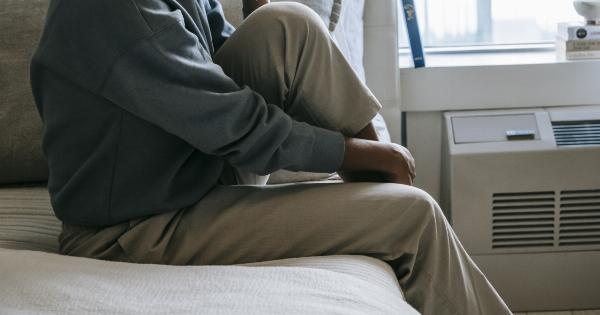Many of us spend a considerable amount of time alone at home, especially during the pandemic where social distancing is encouraged.
While it may seem like a great opportunity to catch up on some much-needed rest and relaxation, it can also have a negative impact on our mental and physical health if it becomes excessive.
Lack of Social Interaction
Humans are social creatures, and interaction with other individuals is essential for our wellbeing. When we spend too much time alone, it can lead to social isolation and loneliness, which can take a serious toll on our mental health.
Without regular social stimulation, our brains do not get the necessary exercise, which can lead to depression, anxiety, and other mental health disorders.
Lack of Physical Activity
When we are alone, we may spend more time sitting, lying down, or engaging in activities that require minimal movement.
This sedentary lifestyle can lead to decreased muscle mass, stiffness, and poor circulation, which can increase the risk of heart disease, obesity, and other health problems.
Poor Nutrition
When we are alone, we may be more likely to indulge in unhealthy foods, skip meals, or eat irregularly. This can lead to poor nutrition, which can affect our physical and mental health.
Lack of proper nutrients can lead to fatigue, weakened immune system, and increased susceptibility to infections. A balanced diet is essential for good overall health.
Lack of Sleep
Being alone at home can also impact our sleep patterns. Without proper social interaction and stimulation, our brain may not be able to switch off when we need to sleep.
This can lead to insomnia, sleep deprivation, and other sleep disorders, which can have negative effects on our physical health, mental health, and overall wellbeing.
Increased Stress Levels
When we are alone, our minds may race with negative thoughts and worries. We may also be more prone to anxiety and stress, especially during these uncertain times.
Elevated stress levels can lead to headaches, high blood pressure, and other health problems.
Increased Risk of Addiction
When we are alone for extended periods, we may turn to unhealthy coping mechanisms such as smoking, drinking, or drugs. These habits can quickly turn into addictions, leading to serious health problems and other negative consequences.
Conclusion
While spending time alone at home can be beneficial, it should not be excessive. It is essential to maintain a balanced lifestyle with social interaction, physical activity, balanced nutrition, and healthy sleep patterns.
If you find yourself spending too much time alone, it may be helpful to reach out to friends, family, or a mental health professional for support.





























